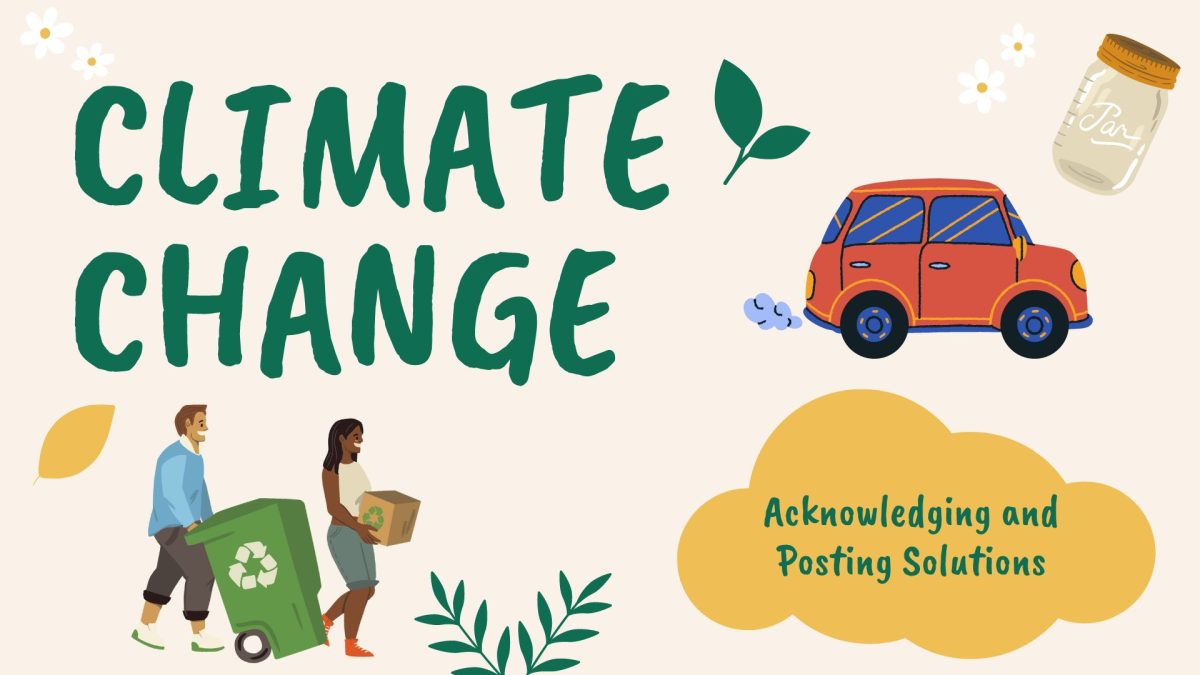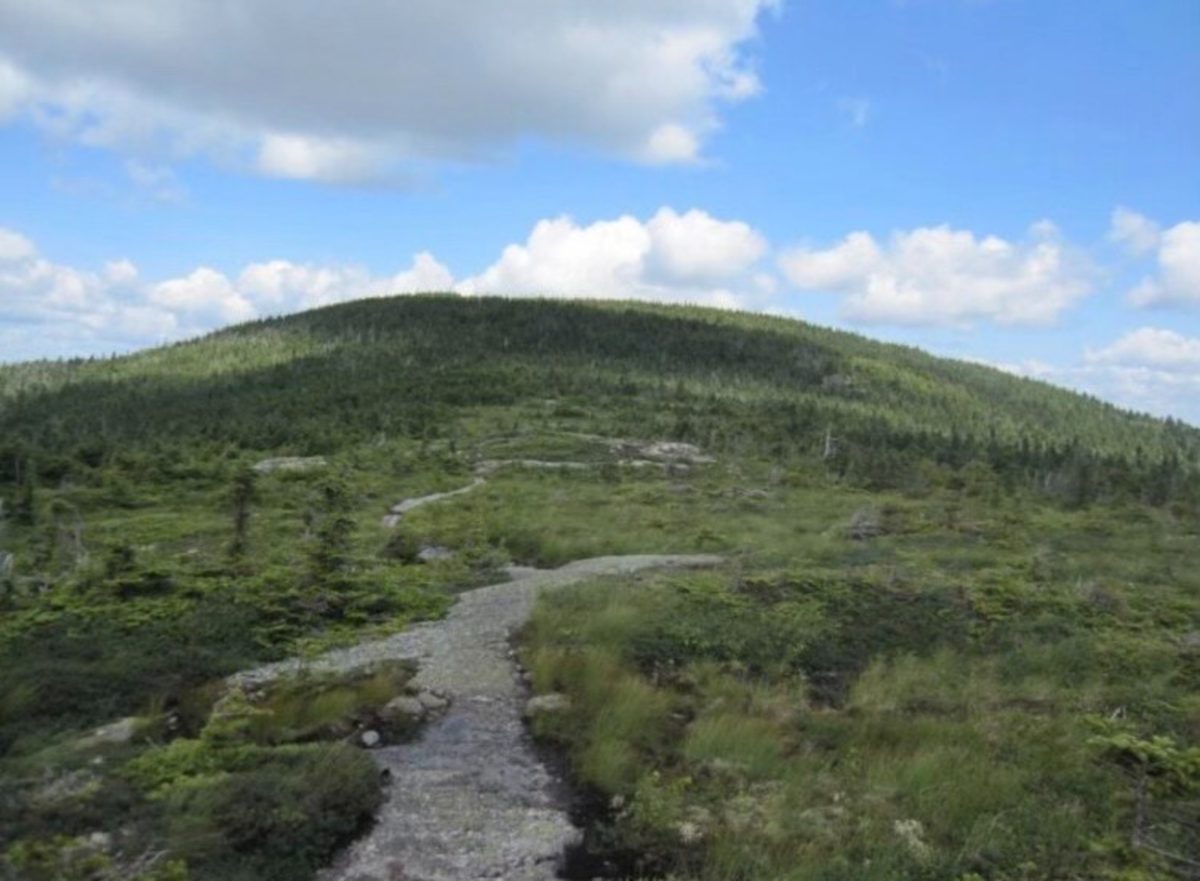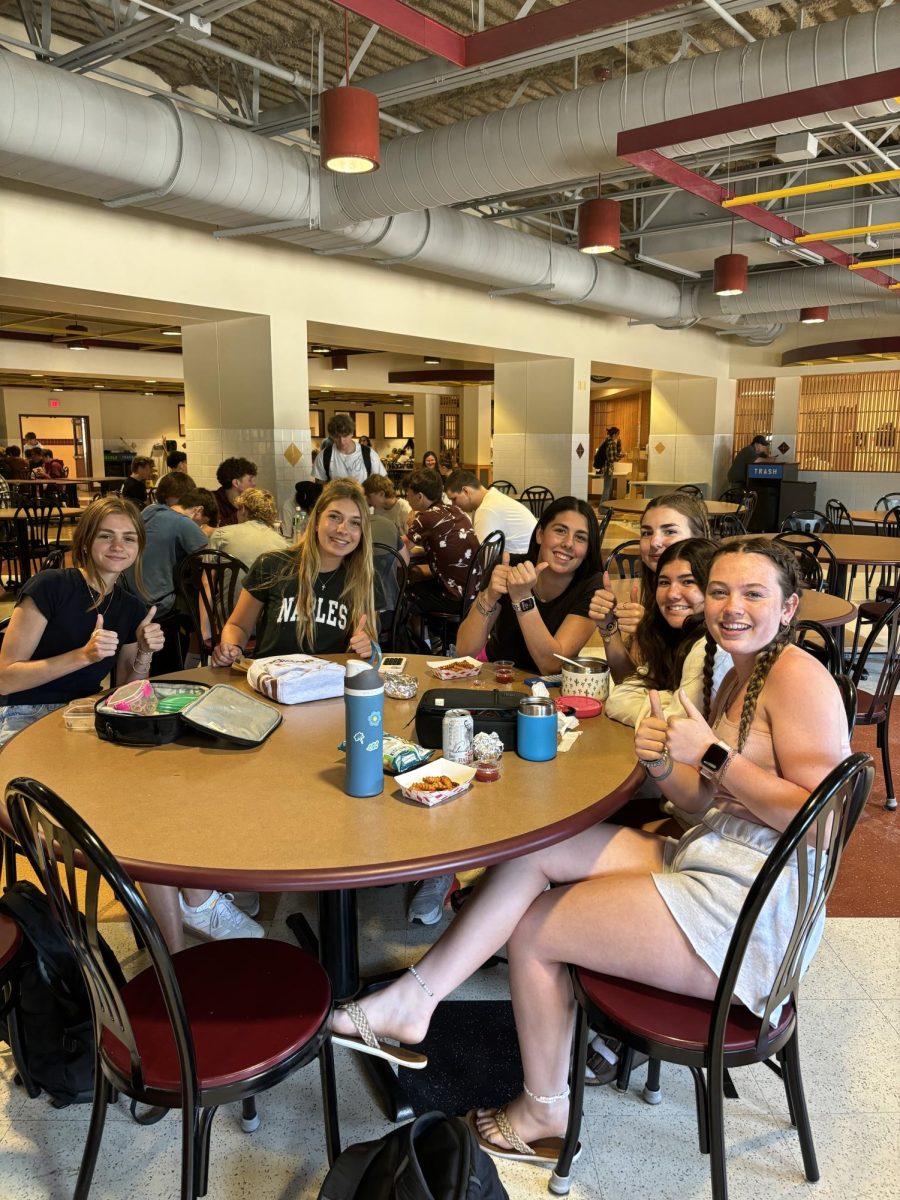Upon examining the prominent issue of climate change, it becomes clear that to enact progress, individuals must come together. As students, we have the responsibility to promote change. Although it may seem that the role of students in world affairs is small, the opposite is true.
Various student organizations in the nation work together to combat climate change and its effects on the environment. Youth advocacy proves to be a fundamental aspect of societal change.
Throughout history, students have shown their capability to enact change and promote their ideas. From the student-led Vietnam War protests of the 1960s to the 2018 School Strike for Climate, students have demonstrated immense aptitude regarding sparking reform.
The Climate Students Movement, a youth advocacy group, is dedicated to “strengthening student groups and organizations to push higher education institutions to become climate leaders.”
The group was formed in 2020 by a group of students in Switzerland and has expanded across the globe. As their program developed, they were able to initiate an international campaign. Their work makes it evident that significant strides can come from small-scale beginnings.
Not only do groups protecting the environment exist globally, but Portsmouth High School students can make a difference within our own community. Student-run organizations such as the PHS Eco Club and Clean the Coast conduct various cleanups that promote the protection of the environment.
Another vital way to aid the climate crisis stems from the act of informing others. Before change can occur on the federal level, it must occur within citizens’ hearts and minds.
The Climate Club Student Organization, based out of New York since 2015, intends to educate other students about climate change by publishing scientific articles revealing key components of the evolving issue.
“Through our platform, we aim to not only communicate scientific knowledge and combat misinformation but also to empower young scholars across the world to voice their perspectives and write evidence-based, non-biased articles to engage the public in critical thinking and active reasoning,” states the Climate Club Student Organization.
Activism is not limited to creating petitions and protesting. In fact, much activism is derived from the goal of educating others on crucial issues.
As students, it is important that we educate ourselves on both national and global issues through accessing digestible and unbiased information.
The desire and initiative to educate both ourselves and our peers proves to give rise to impactful change.
Voices of Youth, a branch of the United Nations International Children’s Emergency Fund (UNICEF), seeks to provide a place for youth worldwide to spread their insights and grievances regarding climate change.
Voices of Youth is run by young people and for young people. It is a place where they can “raise their voices and share opinions on topics that matter to them. Across more than 90 countries, we empower young people to find out about issues that affect them, take action, and become part of the change they want to see,” states Voices of Youth.
“It became my duty to ensure that the voices of Nigerian children are heard because they matter. These are the voices of the leaders of tomorrow, and when they decide to engage themselves positively, this will impact the future of their community,” states a Voices of Youth member.
Youth advocacy also has the potential to lead to change on the local level. In 2020, Idaho’s Climate Justice League, alongside 17-year-old Shiva Rajbhandari, proposed to the city of Boise a plan to transition to 100 percent clean energy by 2035. The plan revolves around implementing solar energy.
Despite the seemingly ambitious goal, they successfully persuaded the city. This is a testament to the power behind student voices.
“The electricity goal, as well as goals around natural gas and geothermal energy, is part of an initiative called Boise’s Energy Future. The initiative focuses on achieving clean electricity and efficiency actions for the entire city. Switching to clean electricity will support Boise’s economy by investing in local clean energy sources, and will help reduce reliance on fossil fuels from other states and foreign countries,” states the City of Boise in their clean energy plan.
Around the world, organizations such as these make it possible for students to have an impact on the world that we inherit. The efforts of these organizations are palpable across the globe through both their direct and indirect effects on society.
As stated by UNICEF: “Climate change impacts everyone, but the future belongs to young people.”







